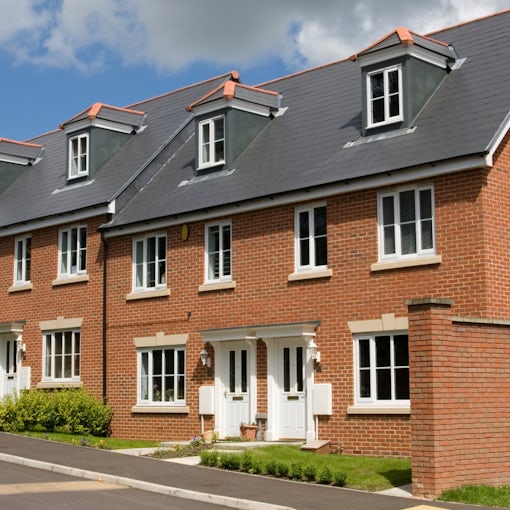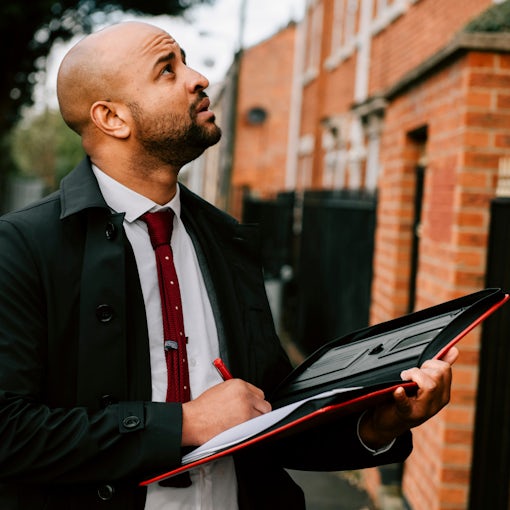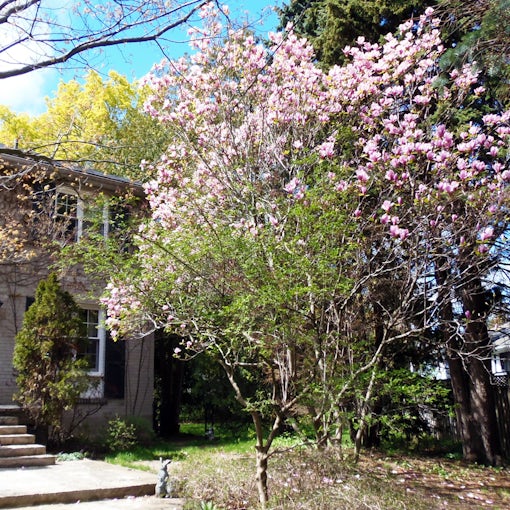Table of Contents
- What is a house survey?
- What will a surveyor check for?
- Do I need a survey?
- What types of survey are there?
- How much should I spend on a house survey?
What is a house survey?
A house survey is an inspection into the property’s condition or value, carried out by an expert to identify any problems to a prospective buyer. Home buyers generally commission a survey after their offer has been accepted to ensure there are no nasty surprises before they commit to purchasing.
What will a surveyor check for?
When you order a house survey, a surveyor will make an appointment to inspect the house which can take between 1-4 hours depending on the house size, type and level of survey you’ve chosen to go for. A surveyor will generally inspect for the following but this is not limited to:
- Signs of subsidence
- Reports of dangerous materials such as asbestos
- Signs of infestations
- Check of the drains and utilities
- Inspection of the roof, loft and anywhere there may be structural damage
- Signs of damp
Do I need a survey?
You don’t have to have a house survey done but most home buyers will get one. Often mortgage providers will require surveys to be completed before they can offer you a loan. Whilst surveys may be optional, it’s important to remember that they do provide vital information about your prospective purchase that will put you in a better position to decide if the house is right for you. Depending on the results, they may even help you negotiate a better deal and help you budget for any work that might need doing once you move in.
What types of survey are there?
The property survey you’ll require depends on the age and condition of the house you are buying. Buyers most commonly choose a mid-level survey but for older properties, a more comprehensive inspection may be recommended.
- RICS Home Survey Level 1: the most basic type of survey using a traffic light ratings to give an overview of the property’s condition and highlight significant issues but does not go into detail.
- RICS Home Survey Level 2/RPSA Home Condition Survey: A mid-level survey that covers everything above but with added extras and more detail. In particular, it will highlight any problems that may affect the property’s value. This type of inspection is ‘non-intrusive’ so the surveyor will only report on issues at surface-level.
- RICS Home Survey Level 3/RPSA Building Survey: This survey is the most comprehensive and thorough providing an analysis of both condition and structure.
How much should I spend on a house survey?
The cost of your survey will vary depending on location, property size, type, and surveying company. The figures below may give you a rough idea of what you might pay depending on the price of the property.
| Level of Report | Property Price | Suitable For | |||
|---|---|---|---|---|---|
| £100,000 – £249,000 | £250,000 – £349,000 | £350,000 – £499,999 | £500,000 – £1,000,000 | ||
| RICS Home Survey Level 1 | £500 | £600 | £700 | £950 | For conventional properties in good condition under 5 years old |
| RICS Home Survey Level 3/RPSA Home Condition Survey | £500-£600 | £600-£700 | £700-£800 | £1,000 | For modern properties in reasonable condition |
| RICS Home Survey Level 3/RPSA Building Survey | £700-£750 | £800-£950 | £900-£1,100 | £1,500 | For older, unusual or rundown properties |









